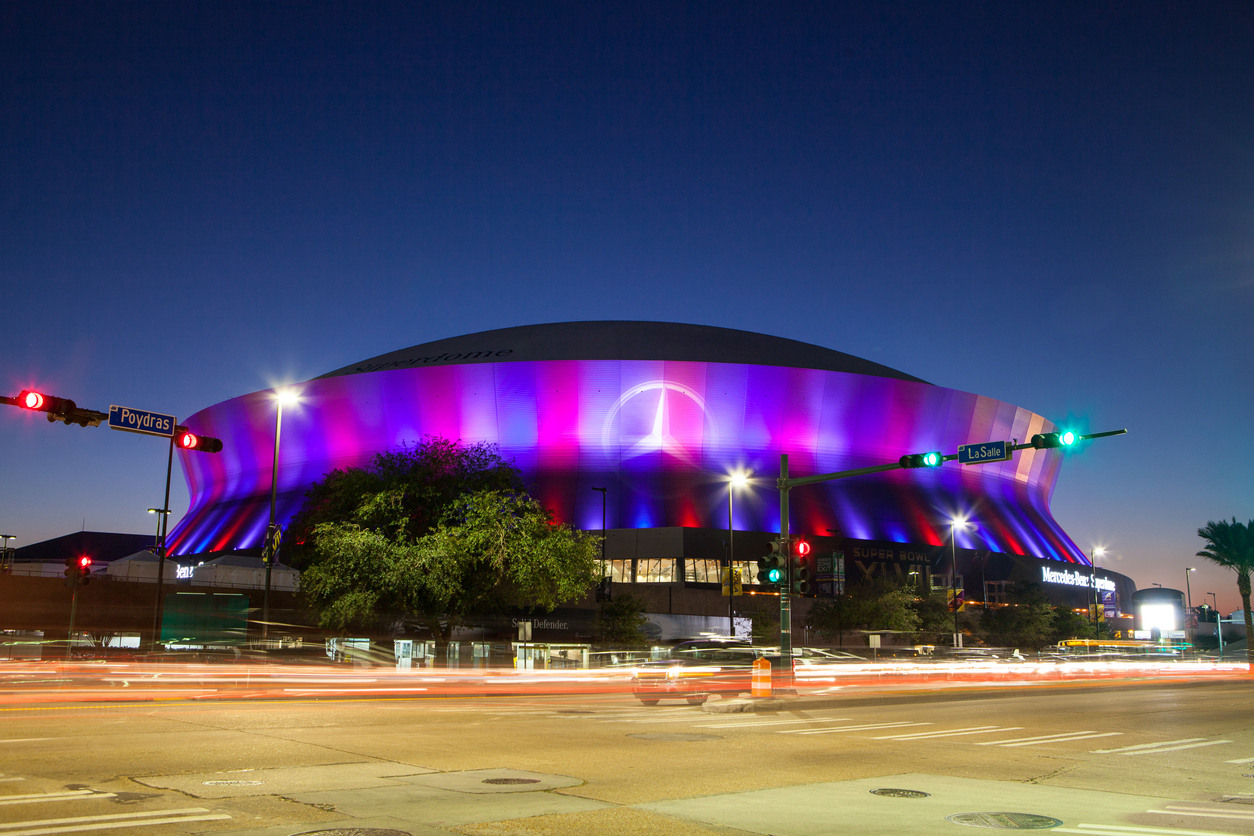Adjunct Professor
James DeMeo is an expert in sports security, event security, risk mitigation, risk management and risk assessment.
Adjunct Professor
James DeMeo is an expert in sports security, event security, risk mitigation, risk management and risk assessment.

Cutting-edge security technologies are being deployed to protect fans and staff at the 2025 Super Bowl LIX in New Orleans. From errant rogue drones and facial recognition to responsible social media monitoring, the big event relies on seamlessly integrating overlapping security systems. With the rise of cashless transactions on mobile apps, wireless systems’ data privacy is now as critical as physical security.
Experts are tackling challenges like malware, IoT, ransomware, phishing and bad actors targeting systems like CCTV and access controls. The goal? A safe, enjoyable fan experience while safeguarding sensitive personal and operational data.
Tulane University’s James DeMeo, a distinguished adjunct faculty professor at the School of Professional Advancement, is an expert in sport event security who specializes in risk management and safeguards for special events, stadiums and large venues. Mega events such as the Super Bowl require a holistic, all-hazards, enterprise security risk management approach to safeguarding the big game as a worldwide audience watches.
DeMeo can speak on the following:
-Technology Integration: Leveraging drones, facial recognition and command center controls to merge physical and cyber security initiatives for mega-events.
-Data Privacy: Safeguarding fan payment data during cashless transactions and protecting IT systems from ransomware and phishing attacks.
-Cybersecurity Challenges: Blocking bad actors from infiltrating CCTV, access controls, or wireless networks while ensuring a seamless fan experience.
-Lessons Learned: Applying insights from major events, like Taylor Swift's recent $50 million tour weekend, with an estimated $200 million economic impact for the city of New Orleans, further enhances Super Bowl security strategies.
“The Super Bowl is more than just a game. It’s a massive convergence of technology, data and people. From cashless transactions to real-time information analysis, intelligence gathering and threat surveillance, every piece of technology deployed enhances the fan experience—but it also creates opportunities for nefarious bad actor cyber threats. Ensuring robust data privacy and cybersecurity measures is not just a priority—it’s necessary to protect both the event and its attendees.”
For interviews, contact Roger Dunaway at roger@tulane.edu or 504-452-2906.
Adjunct Professor
James DeMeo is an expert in sports security, event security, risk mitigation, risk management and risk assessment.